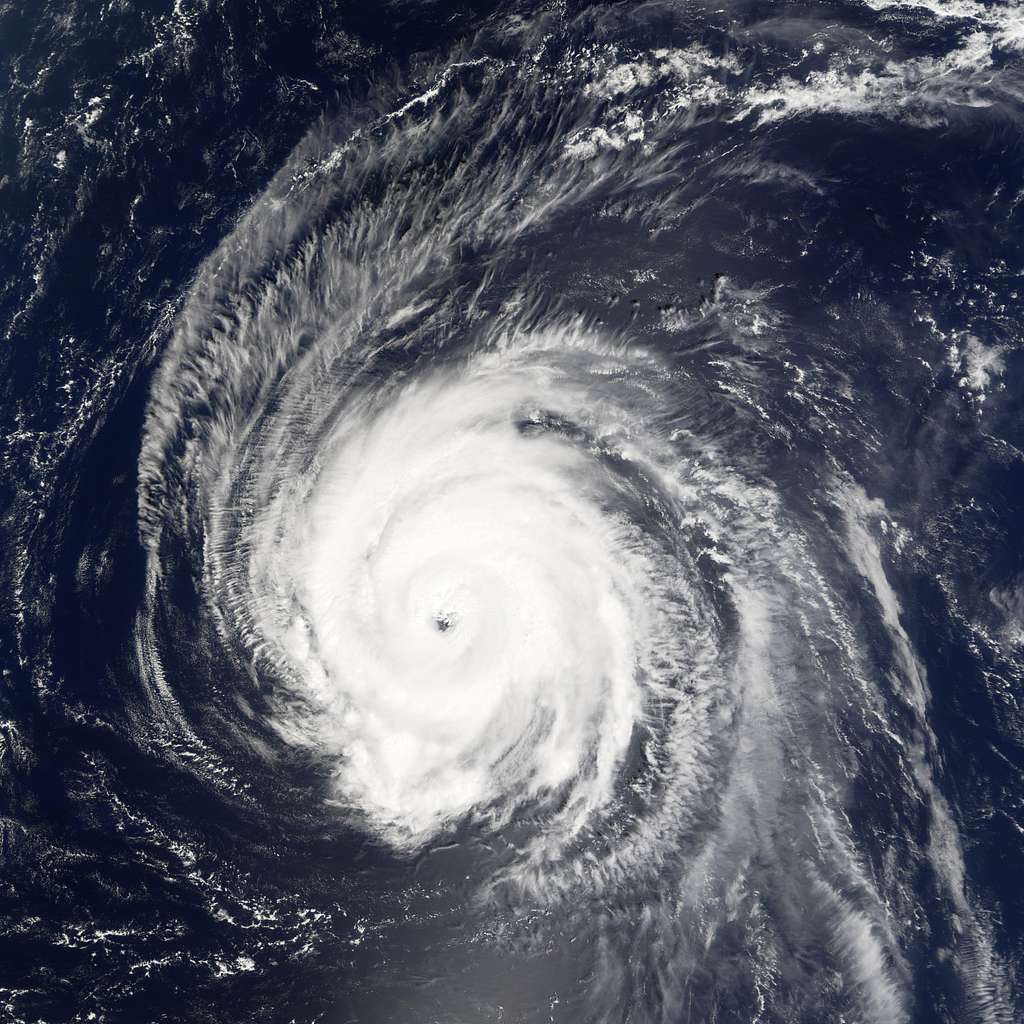Climate Change Chaos
How to Save Our Planet
November 30, 2016
 Image Courtesy of NASA
Image Courtesy of NASA
Eighty degrees in October? Anyone else concerned? Lately it certainly seems like it is unseasonably warm out.
Average temperatures in Frederick over the years have been much lower than the temperatures we have been experiencing lately. For the past twenty or so years, the average temperature for October has been hovering around 70 degrees fahrenheit. In the last few years, however, average temperatures have been upwards of 76 degrees fahrenheit. With multiple days in the current month at or above 80, it is quite likely to have an even warmer average.
Despite the abundance of compelling evidence, there are still many people who remain skeptical about the issue of climate change. The problem with this is that in order to stop it, action needs to be taken now; the time for debating the existence of something that has been proven by scientists all over the world is over. If politicians and business leaders and others like them continue to argue amongst themselves, nothing is going to be accomplished. All one has to do is walk outside and notice that it’s nearly November and it is still hot outside.
While it is true that climate change is a worldwide problem, that does not mean that individuals can not make a difference. Carpool whenever possible, turn off lights when you leave a room, open a window instead of turning on the AC. Simple things like these can make a huge difference, they require no effort, and when enough people participate, can make all the difference.
If mankind proceeds without making an effort to curb climate change, we will be forced to deal with natural disasters on an unprecedented scale. As sea levels rise, coastal cities and towns will be completely submerged; all the people living in those areas will be displaced. The current refugee crisis involving Syria is causing a global uproar, and there are only 4 million people displaced. Imagine what would happen if 280 million people were forced from their homes. The world would be faced with a humanitarian crisis unlike anything it had ever seen before.
In addition to displaced people, the world would experience extreme cold and hot temperatures. This would do irreversible damage to ecosystems all over the world as well as impact humanity’s ability to produce food for itself.
The list of potential disasters goes on and on. The point is: if we do nothing we are accepting the fact that within the next hundred years the world as we know it will cease to exist. There are numerous international committees dedicated to finding a solution, however they are only effective if countries actually do what they say they will. For example, if China agrees at a conference that it will reduce its greenhouse gas emissions by 15% by 2025, it needs to strive to meet that goal.
There is no police force or anything like that to hold a country to its word. Change has to be intrinsically motivated, and sadly, so far we have fallen quite short.



































